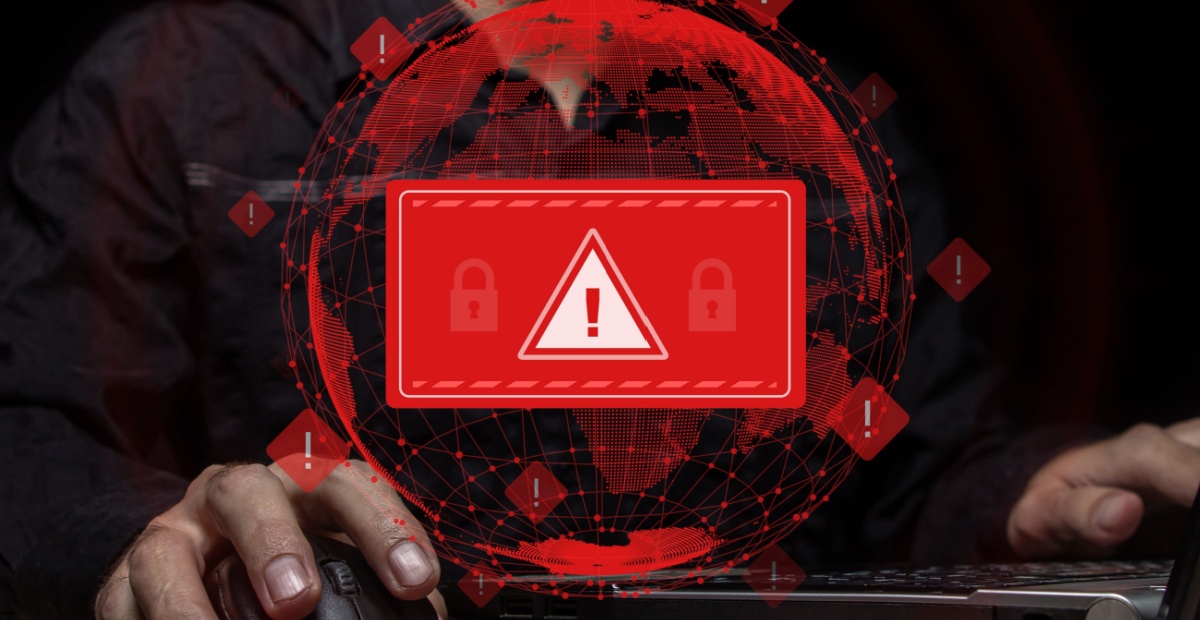The ‘kudzu’ of cybercrime: APAC businesses face alarming surge in system intrusions

Asia Pacific businesses have been warned of a sharp increase in data breach incidents, as an increasing dependence on third-party partners inevitably increases organisations’ perimeter of vulnerability.
In a newly released report by telecommunications and information security services company Verizon, the 2025 Data Breach Investigations Report, 83% of businesses in the region that reported a data breach incident were found to be a result of a system intrusion.
System Intrusions, or ‘hacking attacks’, refer to data breach incidents where intruders break into a computer system to either delete, modify, or add data.
According to the report, these attacks have increased by more than one-third (38%) in the APAC region since 2024.
“The system intrusion pattern dominates the APAC threat landscape by a considerable margin,” the report read.
“This fact speaks volumes about the sophistication and astounding success of the attacks that reside in this pattern.”
Verizon acknowledged the consistently strong, and indeed growing, appeal of ransomware attacks for criminal hackers.
“As holding an organisation’s data hostage (either by encrypting it or just stealing and threatening to release it) continues to pay out large dividends, this pattern will likely remain at or near the top of not only the Asia/Pacific region but also for most of the globe.”
System intrusion also represents the predominant attack vector against the financial services and insurance industries.
Malware in data breaches also increased significantly, from 58% last year to 83% this year, with email being the key vector for distributing various types of malware.
The report found that the APAC threat actor profile is largely “monochromatic”, with external actors representing nearly 100% of the threat actors targeting this region – a split of 80% from organised crime and 33% from state-affiliated actors.
Among the top action vectors of attack were stolen credentials, reported by 55% of breach victims, the installation of ransomware, reported by 51%, and exploit vulnerabilities (37%).
Ransomware is also having a disproportionate impact on small and medium-sized businesses, the report found, a component in 88% of breach attacks against these entities, versus 39% of larger organisations.
However, on a more positive note, Verizon identified a decrease in the reported median amount paid to ransomware groups, from $150,000 last year to $115,000 this year; as well, 64% of the victim organisations said they were not paying ransoms, up from 50% two years ago.
“This well-known combination of hacking via the use of stolen credentials, followed by the installation of ransomware is one of the main reasons why the system intrusion pattern remains so prevalent,” the report read.
However, other previously popular modes of attack were reportedly trending down.
Social Engineering attacks, for instance, which represented 69% of breaches in the 2021 DBIR, today account for just one in five (20%) breaches in APAC. Basic Web Application attacks, the third most prominent in this region, as well dropped from 26% last year to 11% of breaches this year.
“Of course, system intrusion is the kudzu [a noxious weed] of cybercrime and it chokes everything else out, so it is not surprising that other patterns decreased as a proportion of the whole,” Verizon wrote.
The overall increase in system intrusions also corresponds with a surge in attacks against third-party partners, “highlighting the risks associated with supply chain and partner ecosystems”.
Breaches involving third parties doubled between this and last year, up from roughly 15% in 2024 to 30% of all breaches analysed this year.
“This year’s report reinforces the growing complexity and persistence of cyber threats facing organisations worldwide,” said Verizon Business regional VP for Asia Pacific Robert Le Busque.
“In the Asia-Pacific region in particular, external actors are targeting critical infrastructure and exploiting third-party vulnerabilities. The rising incidence of breaches highlights the imperative for businesses to reassess their risk frameworks.”











I think these numbers are too low. Especially if you live in major cities. I try to ensure none of…
Are Interprac / Sequoia going to pay the 10’s of $$ millions in AFCA complaints ? Even after Macquarie &…
Always back self interest when a body is marketing a submission to the government
In other words the system is achieving what the government wanted to happen.
Every day I come on here it feels like it is just the SMC trying to lobby to make one…